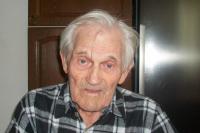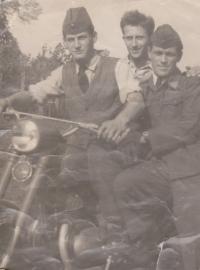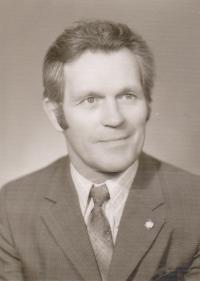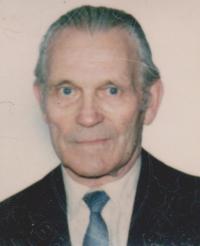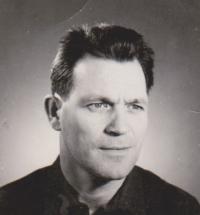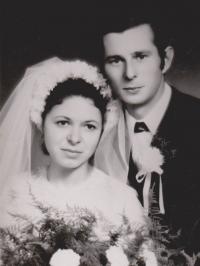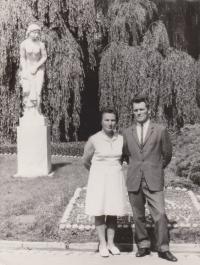When the Germans ruled, there were Hlinka Guards, and when the Bolsheviks came, suddenly, the communists ruled!

Download image
Viliam Žofčík was born on July 23, 1926 in the village of Rudina, in Kysuce region. He came from a big family of workers with eleven children. He was apprenticed to a locksmith. In 1948 he enlisted in the compulsory military service in Žilina. During the recovery leave he and his two friends attempted to emigrate to the West, however, they were detained in the border zone and taken to interrogation to Svatá Kateřina. From there Viliam was driven to Tachov, then to Pankrác in Prague, where he had to undergo various interrogations. He was sentenced to 5 years and sent to northern Bohemia, to coal mines in Most. Sometime later he returned to Pankrác prison, from where he was transferred to uranium mines in Jáchymov. He was released after 3.5 years. Viliam employed in heavy industry in East Slovakian Ironworks (VSŽ) and later in Vítkovice in order to avoid further personal strikes of the communist regime. Later on he returned home and got a job in Kysucké Nové Mesto, where he worked for years in maintenance services as a locksmith. Then he continued working in municipal services of the Žilina city. Even though he retired in 1986, he still continued to pass on his skills as he trained new apprentices. Nowadays he lives in Rudina.
